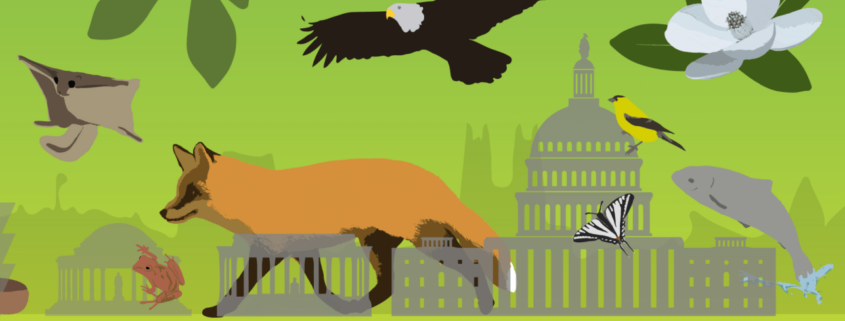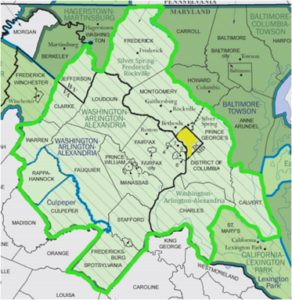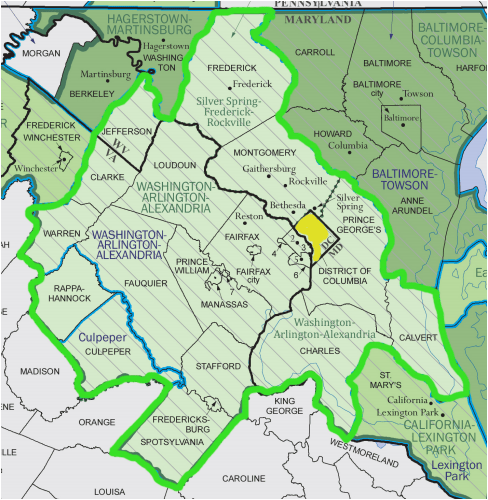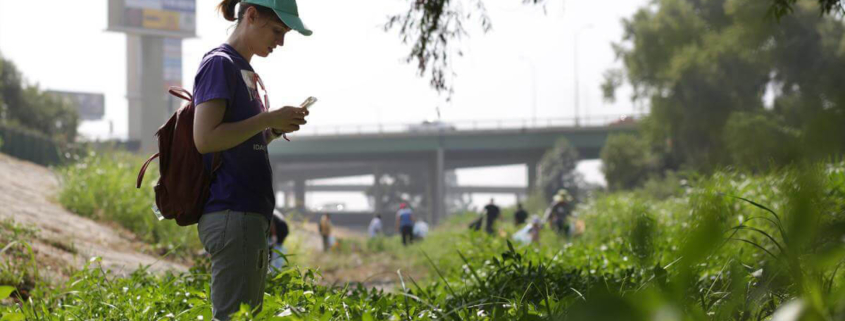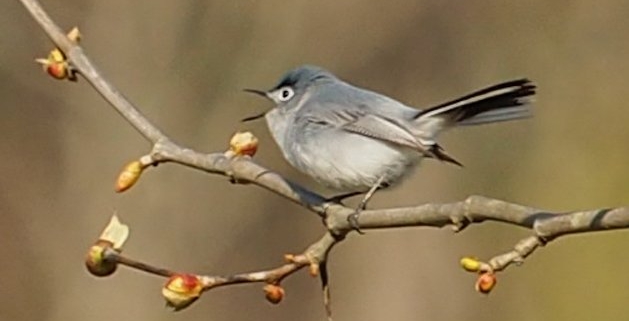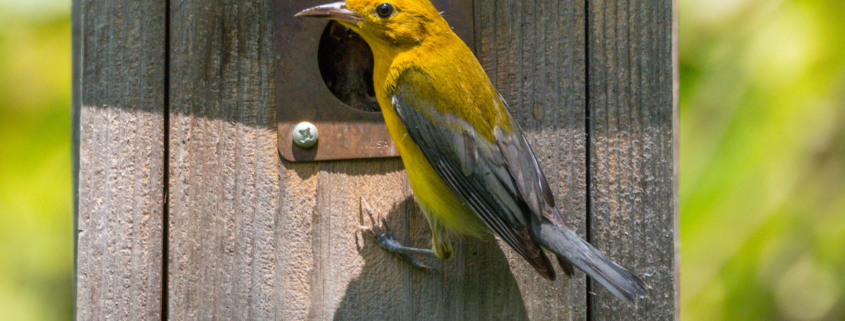Photo from City Nature Challenge
Invented by citizen science staff at the Natural History Museum of Los Angeles County (Lila Higgins) and California Academy of Sciences (Alison Young). The City Nature Challenge is an international effort for people to find and document plants and wildlife in cities across the globe. It’s a bioblitz-style competition where cities are in a contest against each other to see who can make the most observations of nature, who can find the most species, and who can engage the most people.
In light of the COVID-19 pandemic, the organizers made some modifications to City Nature Challenge 2020 to help keep everyone safe. Firstly, CNC 2020 pivoted to be a collaboration rather than a competition. Instead, they wanted to embrace the healing power of nature and encourage the celebratory aspect of the CNC. This allowed people to safely document biodiversity in whatever way they could, even from the safety of their own homes. They urged all participants to carefully follow public health guidelines provided by their local governments, as they are changed in real-time. Individual safety and public health were and will be their utmost priority. The decision as to whether CNC 2021 will be a competition or collaboration will be announced in 2021.
The observation period for the City Nature Challenge will take place April 30th through May 3rd. Then during May 4-9, observations can still be uploaded to iNaturalist and identified. The global results will be announced on Monday, May 10. Please join the project on iNaturalist which will automatically collect all of the relevant observations during those 4 days.
For the DC metropolitan area (including DC and parts of MD, VA, and WV), we’ll have monthly meetings to coordinate our activities and foster new collaborations. Any organizations or individuals who want to play a role in encouraging and supporting participation anywhere in the metro area are invited to join these calls. January 29 will specifically be a call for anyone new to the City Nature Challenge, so please invite others who may be interested to join.
This year, all calls will take place on Fridays from 11 am to noon.
Call dates for organizers:
Jan 22: meeting for returning organizers
Jan 29: first time organizers (if you haven’t participated in the City Nature Challenge before, this will orient you)
Feb 19: monthly meeting for all CNC organizers
Mar 19: monthly meeting for all CNC organizers
Apr 16: monthly meeting for all CNC organizers
May 21: post-CNC debrief call for all CNC organizers
The January 29th meeting will be recorded, so it won’t be too late to get involved! For more information join https://groups.google.com/g/dc-area-citynaturechallenge.


